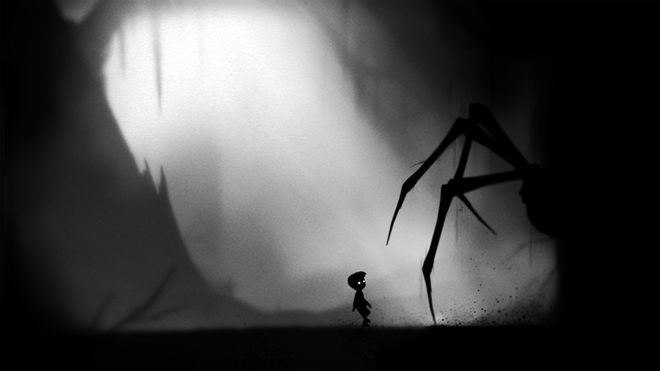When LIMBO came out in July of 2010, much of the world wasn’t aware of just how influential it would be on video games. Playdead’s 2D platformer formula wasn’t exactly a crowd favorite back then. Its monochromatic art style was also a bold departure from the era’s vibrant visuals.
Fast forward 15 years, and LIMBO is still part of every meaningful conversation about 2D platformers. That’s largely thanks to how impressive its game design is. From beginning to end, LIMBO offers players only a few traversal options: moving left to right, a light jump, climbing short ledges, and pushing or pulling objects. Despite this limited moveset, the game consistently introduces fresh puzzles that challenge even those who think they’ve seen it all.
If someone were to play LIMBO for the first time today, they'd still get stuck in its deliberately difficult puzzles. Admittedly, some early-game challenges will leave players scratching their heads for a frustratingly long time.

Yet it’s through these simple movements that Playdead crafted a truly effective 2D platformer. The game thrives on its minimalism, letting the environments and level design do the storytelling. I still remember the first time I ran from that giant spider, thinking it was just a chase scene, only to hit a hidden puzzle a few moments later. I died, of course, but that’s when I realized how much the game enjoys flipping your expectations.
Playdead also did the same type of puzzle design and difficulty on their next game, INSIDE, which came out six years after LIMBO. It’s as equally complicated and profound for a 2D horror platformer, but it couldn’t quite grasp the magic of Playdead’s first game.

There weren’t any other 2D horror platformers that followed LIMBO’s path during its release year, not because it was too niche, but because Playdead essentially pioneered this style of stripped-down design in platformers.
What came next was a wave of games clearly inspired by LIMBO’s minimalist brilliance. Tarsier Studios’ Little Nightmares 1 and 2 are obvious successors, and even modern titles like Moon Studios’ Ori and the Blind Forest carry its influence.
LIMBO’s legacy remains unmatched. No one expected a game about a little boy wandering through a twisted monochrome world to spark a genre now beloved by many.
Now, the Danish studio is working on its next game following the success of LIMBO and INSIDE. Details are still scarce, but a glimpse of its tone can be found on their website, where a lone astronaut stands beside a ship in a barren field.
For more topics like this, stick with us at Gfinityesports.com, the best website for all things video games.


